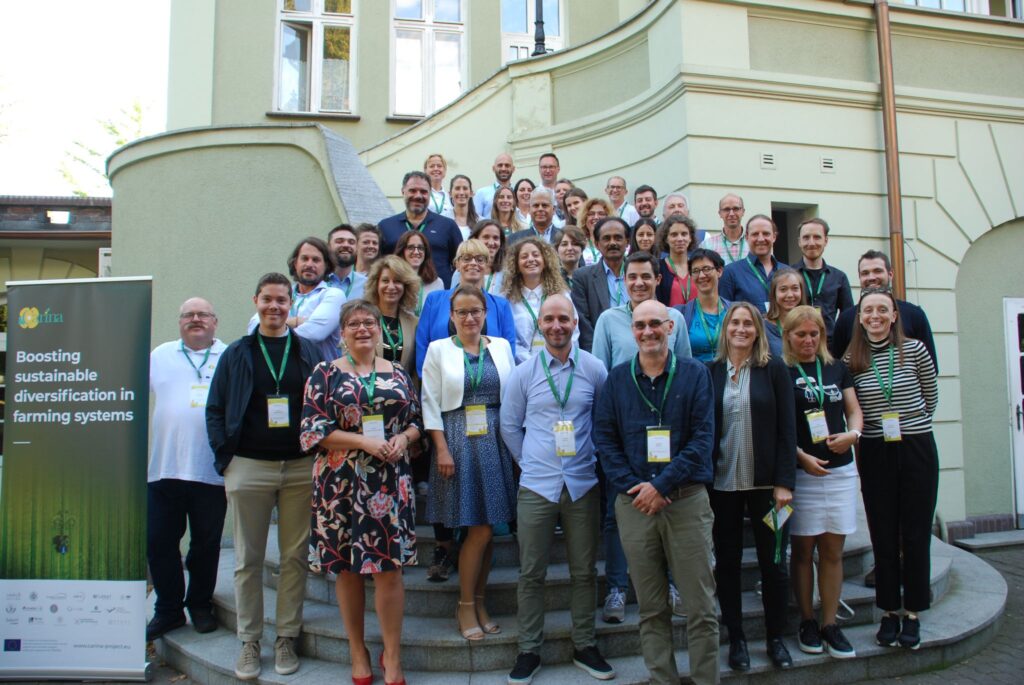Poznan, Poland. CARINA project team, convened last month in Poznan, Poland, for their impactful General Assembly. This assembly, hosted by the prestigious University of Life Sciences in Poznan, was not just a meeting but a hub of innovation and forward-thinking ideas in sustainable agriculture.
The assembly focused on the status of CARINA project, aimed at revolutionizing sustainable agriculture through the cultivation and utilization of the camelina and carinata oilseed crops. This gathering of minds in Poznan was instrumental in shaping the future of sustainable agriculture, with team members engaging in in-depth discussions about the current and future trajectories of the project.

The team carefully evaluated the CARINA project’s progress, exploring innovative strategies to enhance its impact on the bioeconomy and sustainable practices. The outcomes of these discussions formed a comprehensive action plan, marking a significant step to sustainable agriculture and innovation.
Additionally, the event served as a platform for showcasing the intersection of sustainable agriculture and cultural heritage. The team’s exploration of Poznan, including a retro tram tour and a visit to the Agricultural Experimental Units at the University, highlighted the city’s contributions to the bioeconomy and sustainable agricultural practices.
As the project moves forward, the team’s experience in Poznan reinforces their commitment to innovation in sustainable agriculture. The assembly’s outcomes promise to propel the project to new heights in the circular bioeconomy sector, contributing significantly to the global efforts in sustainable agriculture.
SUBSCRIBE TO A NEWSLETTER
Funded by the European Union. Views and opinions expressed are however those of the author(s) only and do not necessarily reflect those of the European Union or the European Research Executive Agency. Neither the European Union nor the granting authority can be held responsible for them.